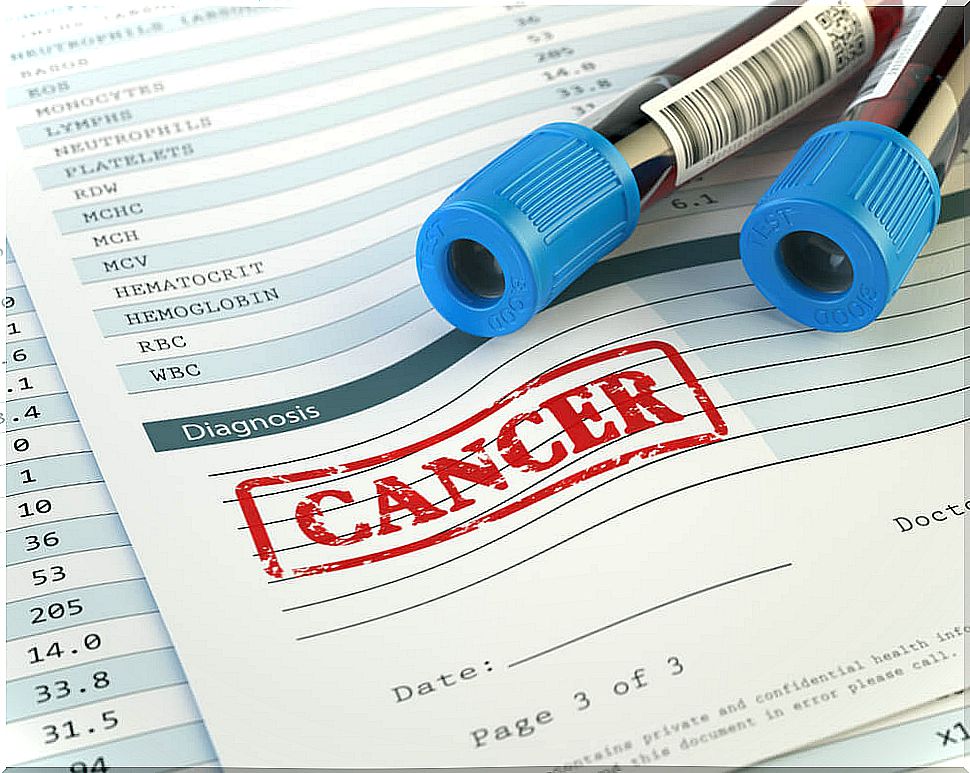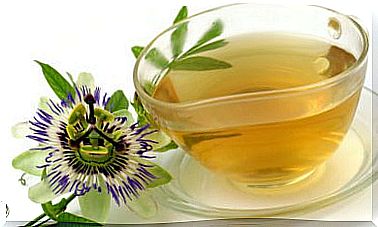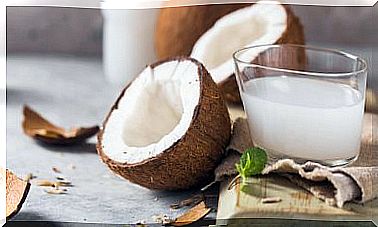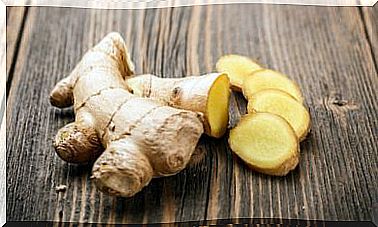Diet And Cancer: Risk Factors
Although it is true that studies have been carried out, both in vitro and in animals, which show that diet could be a factor to be taken into account in carcinogenesis, there are many other factors involved.

Certain compounds present in food can be a risk factor for the development of cancer, as well as other diseases. In fact, there are numerous studies aimed at clarifying the degree of implication between diet and the appearance of carcinogenic processes.
Studies have been carried out that show that diet could be a factor to take into account in carcinogenesis. These investigations have been developed both in vitro and in animals. However, there are many other factors involved in addition to diet.
Thus, epidemiological data indicate that some compounds present in food could be a cause, although not the only one, of the appearance of cancer. The study is complicated by the existence of a large number of variables. Factors such as sex, age, race, lifestyle or genetic predisposition of the person stand out.
Role of diet in cancer development: carcinogens
Despite this, there are certain compounds whose carcinogenic potential is scientifically proven. This is the case for many substances, such as tobacco.
These substances, which when in contact with living tissues increase the risk of developing neoplasms, are known as carcinogens.
Main compounds that are a risk factor for cancer
In the diet, we can find some of these substances, which increase the risk of cancer. Among others they stand out:
- Mycotoxins. These types of compounds are produced by some fungi that can exist in poor storage of cereals and nuts. It is one of the most powerful known liver carcinogens.
- Nitrous compounds. These compounds, which include nitrosamines and nitrosamides, are formed as a result of the reaction between the amines present in some foods and the sodium nitrite in some of them, such as cured foods, in order to improve their preservation. There is evidence that these elements are capable of increasing the risk of tumor formation.
- Aromatic hydrocarbons. These compounds can be present in foods of plant origin, grown in areas of high environmental pollution, from the combustion of petroleum derivatives or coal. They can also be generated in food cooked at high temperatures or partially burned.
- Aromatic amines. Aromatic amines can be formed after cooking meat and fish, due to the reaction between sugars and proteins.
- Natural carcinogens. Among them we find nitrates from spinach, hydralazines from mushrooms or alkaloids from potatoes. However, a moderate consumption of these foods does not carry a risk for the development of cancer.
In addition, it should be noted that certain types of lipids, such as trans, are capable of increasing the risk of tumor development. This is stated by a study published in Diabetes & Metabolic Syndrome . These are formed from subjecting fatty acids to aggressive thermal processes.
Plant-based foods vs animal-based foods
Various studies reveal that those who consume more fruits and vegetables have a lower risk of developing cancer. Along these lines, there is evidence that indicates that a diet with a high meat content could be associated with a higher risk of developing neoplasms.
In this context, it is important to avoid excessive consumption of meats prepared with nitrites. The ideal is to reserve your consumption for specific occasions. In addition, its combination with foods high in vitamin C could be beneficial. This compound can alleviate the damage of nitrosamines.
Some epidemiological studies indicate that the consumption of smoked, marinated or salted meats increases the risk of developing cancer. This is due to its high content of aromatic hydrocarbons.
Finally, although there is a relationship between diet and cancer, it should not be forgotten that the causes of this disease are many and very complex.
Due to this, even today there is much controversy around the percentage of implication of the diet in the development of the disease. Thus, we find percentages that vary from 20% to 50%.
It is also necessary to take into account that on many occasions several risk behaviors coexist that could be involved in tumorigenic development. This makes it difficult to determine exactly how involved food is in this process.
Diet and cancer, a complex relationship
That diet intervenes in the risk of developing cancer is clear. However, it is not known exactly to what extent. What does seem doomed is that lifestyle habits will determine the risk of getting sick in the medium term.
From a strictly dietary point of view, it is recommended to eat a diet based on fresh foods, reducing the number of ultra-processed foods. The latter usually contain toxic or chemical compounds capable of promoting mutations at the cellular level, this being one of the mechanisms that develop tumors.









